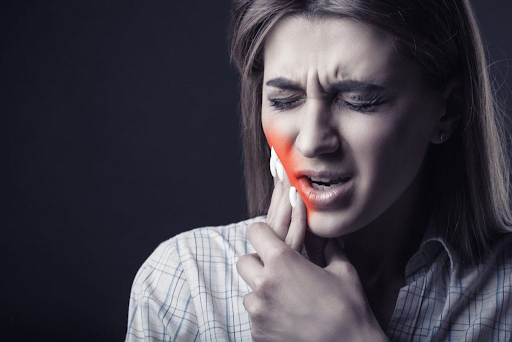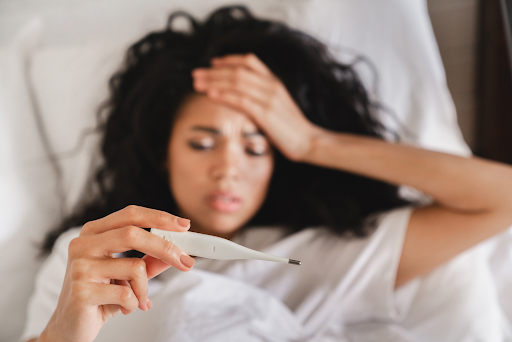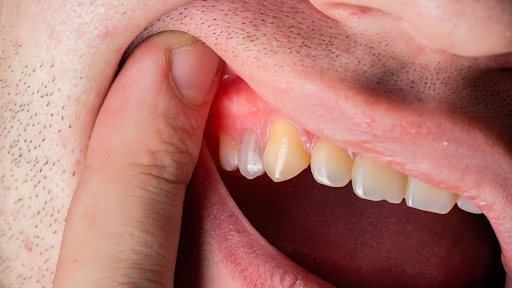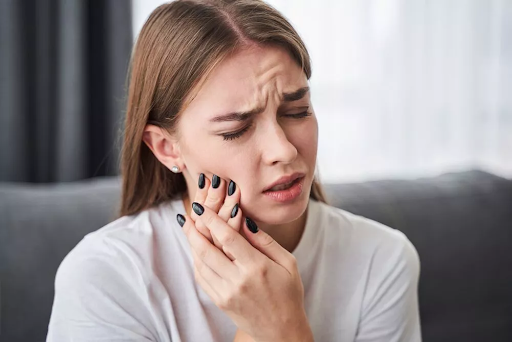Root canal treatment, or endodontics, is a procedure primarily focused on treating the infection around the center of a tooth. The treatment includes removing the infected pulp and sealing it properly to stop the bacteria from causing the infection again. In most cases, the treatment is carried out seamlessly with very little pain. There are very few chances for any serious problem to occur post-treatment. But, still, there’s a possibility that the infection may occur again due to various reasons, and here, we are going to discuss the same. Keep reading to know the most common signs of infection after root canal, its causes and some prevention tips.
What Are The Signs of Infection After Root Canal?
Here are some common signs you are likely to experience when having an infection after root canal.
1. Bad Breath
You will experience persistent, chronic, unpleasant breath when you have a root canal infection. Your breath will smell like pus, and you may also experience a bitter taste. It is probably the result of the bacteria that caused the root canal infection.

2. Persistent Pain
A constant pain in your tooth is another indication of a root canal infection. Initially, the pain might be mild, but it increases over time and worsens when you eat or consume hot or cold beverages.
Remember that mild pain followed by a few days of root canal treatment is considered normal and usually goes away using over-the-counter medication or practicing proper oral hygiene. It becomes a problem only if it lasts for more than three days. In that case, urgent medical attention is required to cure the condition.

3. Fever
Another one of the major signs of infection after root canal is a high body temperature. Most likely, it is indicating that infection is still there after the root canal. If you get a fever just after a few days of root canal, visit your dentist immediately to get the right treatment at the right time.

4. Release Of Pus or Fluid
If the infection is still present after the root canal, you may also notice an abscess around the affected area. The abscess can cause the release of yellowish or greenish pus or fluid.
5. Low Energy
Feeling low on energy after a root canal is normal, but if it persists for more than a week, chances are high that the infection is still there and causing you to be lethargic and sluggish.

6. Swelling
Swelling is another one of the common signs of infection after root canal. In general, it is considered common to experience swollen gums after a root canal infection. But, if it doesn’t go away and becomes severe with time, call your dentist right away before it begins to spread in nearby body parts like the face or neck.

What Are Some Common Causes Of Infection After Root Canal?
Many factors can result in infection after the root canal. Here are some of the most common ones:
- Having More Than One Canal – Having more than one root canal that has bacteria ultimately leads to recurring of the infection after root canal.
- Cracked Tooth – A root canal can cause the tooth to get damaged or cracked, which may promote the development of the infection.
- The Shape Of The Canal – Due to the complicated shape of your canal, it’s possible that your dentist may have inadvertently left some infected areas untreated, causing infection after the root canal.
- Crown Was Not Placed At The Right Time – A delay in the placement of the crown increases the possibility of bacteria entering your mouth and causing the reinfection.
- Previous Dental Issues – Any previous dental problem can cause the bacteria to stay and cause infection after the root canal.
How Serious Is a Root Canal Infection?
Root canal infection is considered a serious problem. If not treated at the right time, it can lead to other severe dental issues. It’s highly recommended to seek medical help as soon as you discover any signs of infection after root canal.
Otherwise, there is a high probability that the infection may begin spreading in other areas like nearby tissues, cheek, jaw, face and bloodstream too.
How Infection After Root Canal Is Treated?
Your dentist will most likely use the same root canal treatment to cure the infection. In most cases, no additional treatment is required unless you have other dental problems that can only be treated by a specific treatment.
Are There Any Ways To Prevent Infection After Root Canal?
Even though there are very few chances of recurring infection or other problems after the root canal, it’s still good to use precautions to eliminate the possible risks.
- After the first few days of the root canal, it’s recommended to use an antiseptic mouthwash of a good brand. It helps eliminate bacteria that may cause infection in the mouth.
- You can also use over-the-counter medications like ibuprofen. It helps in reducing soreness or pain that occurs after the treatment. Just ensure to consult your doctor before taking any medication.
- Brush and floss your teeth two times a day.
- Visit your dentist regularly. Try to get professional cleaning of your teeth twice or at least once a year. It will keep your teeth healthy and help catch the infection before it worsens.
- Get done with the final crown placement soon so bacteria don’t have any place to stay and cause infection.
Conclusion
There’s a very less likelihood for an infection to occur after a root canal treatment. But, if it does, it’s essential to stop the signs mentioned above and treat the condition before it gets worse.
If you notice any signs of infection after the root canal, do not wait for it to get resolved on its own. Reach out to your dentist to get the treatment promptly.
Frequently Asked Questions (FAQs)
Here are some questions related to the root canal infection asked by numerous people. You may also have some in your mind. Take a look:
1. Is It Painful To Have a Root Canal?
As long as the patients are given anesthesia, the root canal won’t cause much pain. It will probably feel like a normal dental procedure.
2. How Long Does It Take To Recover From a Root Canal?
In general, the root canal takes one week to recover fully. However, if it doesn’t heal within a week and causes discomfort, consult your doctor.
3. Can Antibiotics Heal An Infected Root Canal?
No. Root canal infection cannot be treated using antibiotics. Experts recommend a proper treatment in order to cure an infected root canal.
4. Can An Infected Root Canal Heal On Its Own?
No. An infected root canal cannot heal on its own.


